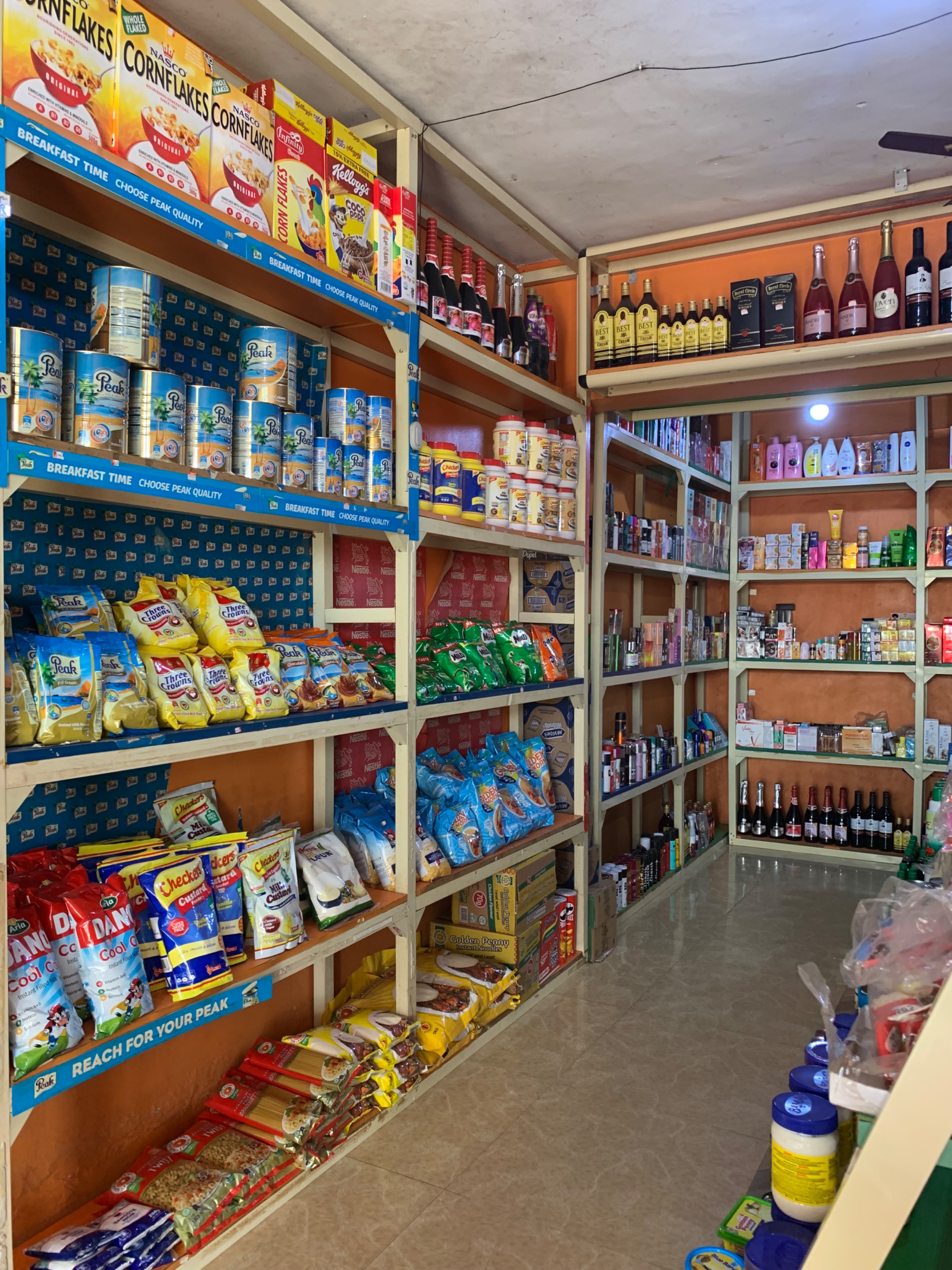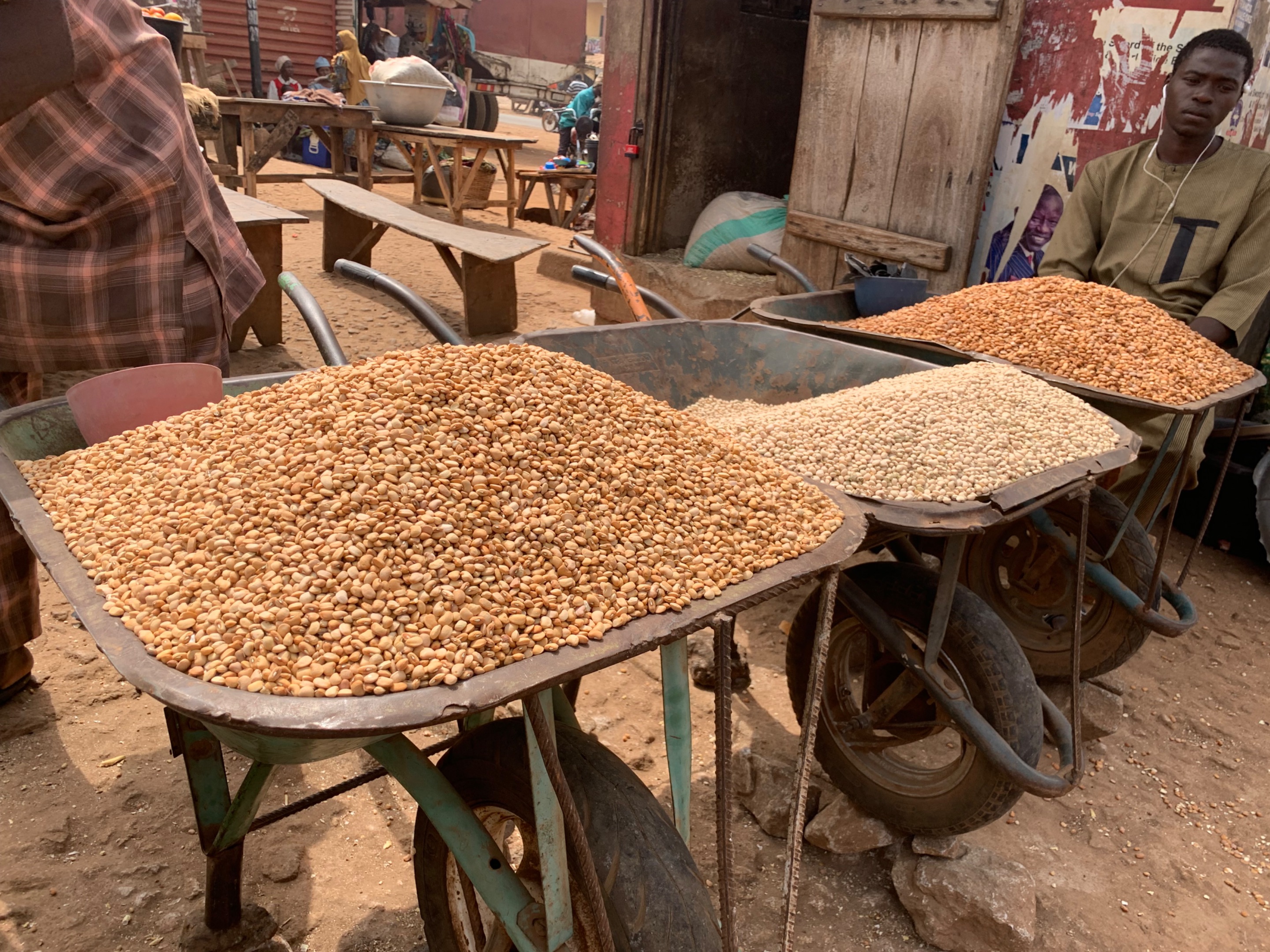
Nigeria, my country, a place where the issue of price control has become one of the major challenges for both business owners and consumers. The cost of goods and services keeps rising like soaked garri, and this is something that keeps happening without knowing if things would ever be back to normal again. It’s therefore necessary to ask this question: should there be a price cap, or should businesses be allowed to set their own prices however they want?
The truth is that I really like the idea of a price cap. Take, for instance, when you visit a supermarket or mall, there’s always a fixed price where you don’t even have to negotiate, even though it isn’t the same everywhere. You might meet a higher price at one mall and a different one somewhere else, but at least the difference there is very little.
A price cap is often set by the government or a regulatory body to prevent people from exploiting one another and also to protect consumers from unfair price increases, especially on essential commodities like food, fuel, or electricity. We have seen this play out in Nigeria, an example is the regulation of petrol prices by the government through agencies like the NNPC.
Now, to the question: should prices be fixed or free? In a free market economy, prices are supposed to be determined by the forces of demand and supply. However, in my country, it doesn’t always work that way.
The issue of inflation keeps rising, and it makes the cost of living unbearable for many people. So, living prices to be completely free can be dangerous because anything is bound to happen in Nigeria. Everyone keeps looking for opportunities to unleash their selfish interests, thereby taking advantage of the economic situation to exploit consumers.
When prices are set to be free, they become manipulated. Many Nigerian traders are always ready and alert to inflate prices once there’s a rumour of fuel scarcity or a rise in the dollar rate, even if they bought their goods at the old rate.

Just imagine a trader who bought bags of beans at the old rate, and the following week the dollar goes up or fuel price increases; they don’t mind selling at a higher price just to make more profit. Of course, the aim of every business is profit, but when it becomes excessive, that’s not right.
This kind of behavior causes panic buying and contributes to inflation. Who then suffers most? The consumers! This is because their purchasing power keeps going down while salaries remain static.
In my opinion, I don’t think business owners should be allowed to inflate or reduce prices however they want. However, since they own their businesses, they should be allowed some freedom to set prices according to their costs, but there should definitely be a level of regulation, especially when it comes to essential commodities.
The economy will collapse eventually if everyone is allowed to increase prices as they please. There wouldn’t be stability, and survival would be hard for the average Nigerian.
Just take a look at the sudden rise in food prices, transportation fares, and even housing rent. It has made life unbearable for millions of Nigerians, depriving them of living a normal and convenient life. But when there is a fair price control system, it would help strike a balance. While business owners make their profits, the safety of the consumers would be assured and they wouldn’t be exploited.
This doesn’t mean price regulation should be seen as a restriction, but as a way to make sure there is fairness and stability in the market. Freedom in pricing is good, but when it’s abused, it becomes a weapon against those who can’t afford it. Therefore, things should be balanced so that everyone wins.
---
*Images are mine*

Why Free Pricing in Nigeria Could Be Dangerous
@princessbusayo
· 2025-10-20 17:25
· Hive Learners
#hive-153850
#hl-w188e1
#business
#pob
#neoxian
#hive-engine
#waivio
#ladiesofhive
#hl-exclusive
#price
Payout: 0.000 HBD
Votes: 110
More interactions (upvote, reblog, reply) coming soon.